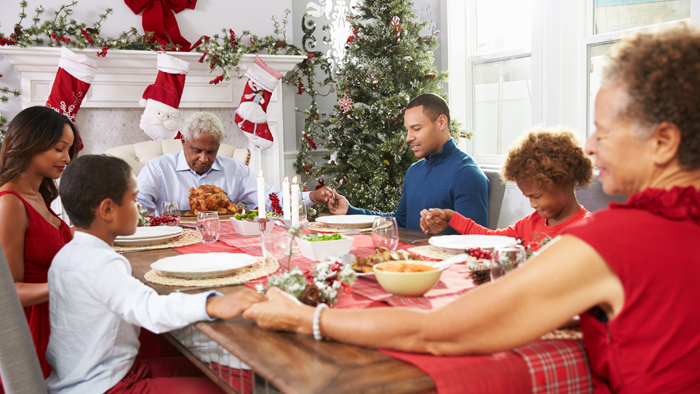
There’s happiness and joy and fulfilling work. There are friends and loving family members and acquaintances that spark the best in us. There is understanding, comforting, learning, and growing.
And then there is grace.
Grace is the cornerstone of our senior years and includes all the things listed above.
Grace does not guarantee perfection, but it does allow the kindest and gentlest and most compassionate in us to unfold.
There are no courses in grace.
Unfortunately, grace is not taught nor are we explained the concept; we learn about grace through our life experiences. In spite of no formal training, the component of grace can be assimilated even by the youngest of us. How?
We can learn grace when others respond to us, when they are patient with us, and when others help us learn our value in this world. Developing self-esteem is intrinsic, it is modeled to us as we grow up. If the model isn’t there, either through a parent, sib, or teacher, religious figure, or some other leader, we can struggle with not knowing our worth and purpose and how to be in the world. In turn, we can teach others how to live in grace by doing the things we have needed to experience in ourselves.
What is grace?
To increase grace in our lives, we must first understand what it is and what it isn’t. Grace is often biblical in definition, but it’s best described as the disposition to act in kindness and courtesy with charm; a charming trait or characteristic, a pleasing effect, and an ease of being.
Grace is not a thing. It does not stop once we’re happier, or less confused, or when we’re ‘better.’ Grace is something that is given, not earned. You can’t earn grace by working at the soup kitchen, by donating your used clothes, or by tutoring a child in reading. While all those things might be done with grace, none of them inherently make you a person filled with grace.
To multiply grace in our lives we can:
~respond to rudeness with kindness and patience.
~say ‘thank you’ often and let others know how much you appreciate them.
~avoid being critical of others, ever and always. You don’t know their back stories.
~forgive, forgive, and then forgive again, in all ways for all things.
~be there for others … to listen, give, comfort, help repair, problem solve, or just be quiet and listen.
You know
I think we inherently know what grace is and what it’s not and how to share it in the world. We haven’t gotten to this elder station in life without knowing what grace feels like – both when we act in grace ourselves or when another is patient and kind with us.
Be the instrument of grace in every opportunity possible, be it with a great grandchild, an aging spouse, or the clerk at the grocery store. Help others gain more grace in their lives by emulating its components every day, all day.
You know the power of grace is worth it. BE the reflection of grace.
Have a Merry Graceful (and Grateful) Christmas!


What a beautiful and thought provoking article. Thanks, Antonia! Merry, Graceful and Grateful Christmas to you too!
Thank you, Mary. The gift of your readership is priceless.
Cheers, my friend.